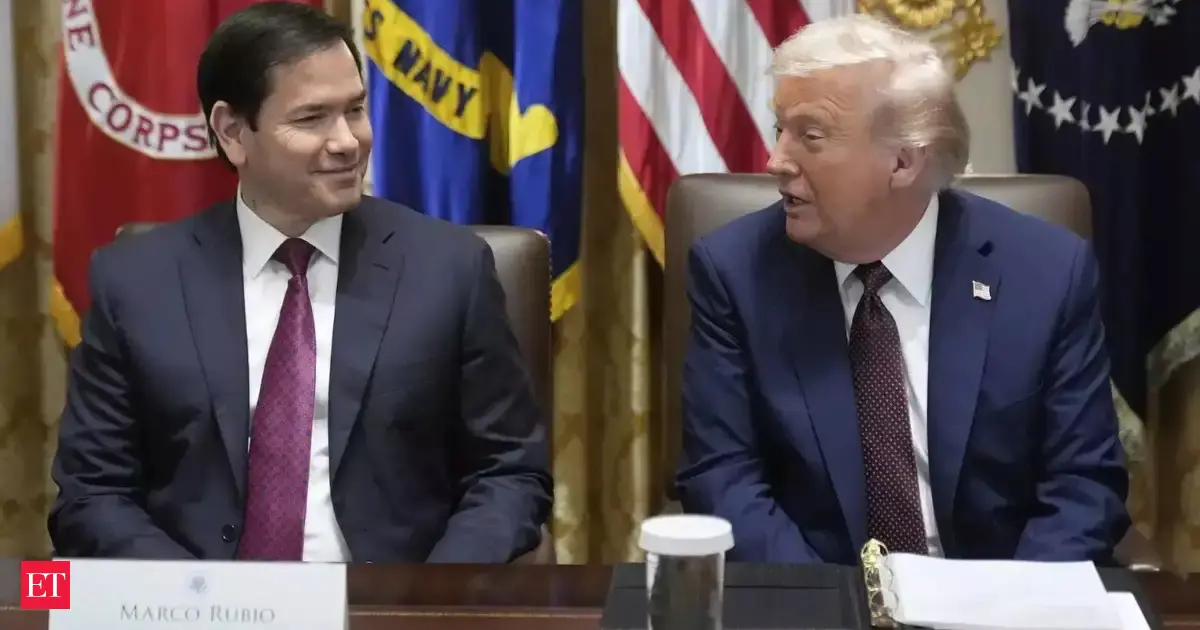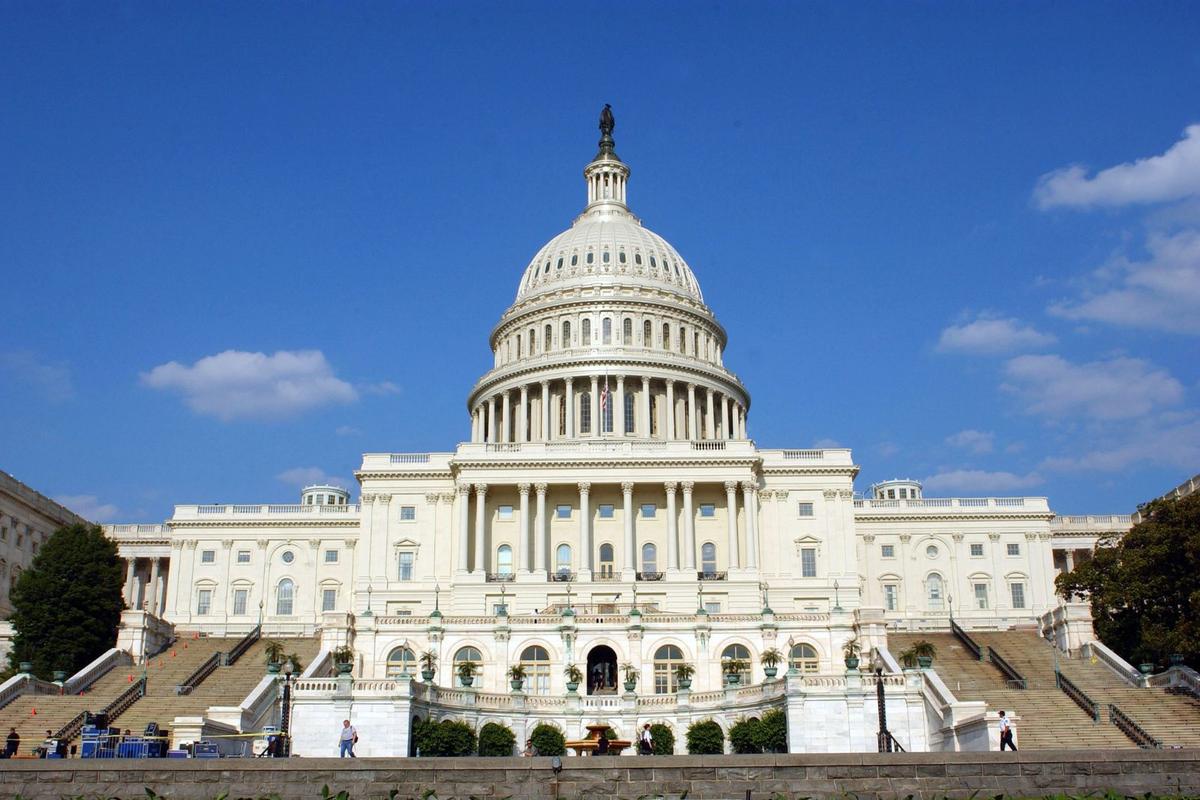By James Graham
Copyright cityam

No one should be debanked – made effectively bankrupt – because of their political views, but when it’s done to start-ups vital to defence, it endangers us all, says James Graham
Few knew what debanking was in the summer of 2023 when news emerged that Nigel Farage’s account had been shut down.
His bank initially claimed that he did not have enough cash to justify his account. He pushed back, filing subject access requests forcing the bank’s private conversations into the public realm.
What came to light was that his bank had decided that Farage’s “publicly-stated views … were at odds with [the bank’s] position as an inclusive organisation.”
Should a bank, which is ultimately underwritten by the taxpayer (via limited liability), be able to shut down the accounts of individuals or businesses with whom they disagree?
I don’t think so. That is why today, with the backing of Nigel Farage and others, I am pleased to have launched the Prosperity Institute’s campaign to end debanking for good.
If an individual or business has a bank account, the money in that account legally belongs to them. When a bank closes their account, their money, their property, can end up trapped within an institution that they cannot access. It is common practice for a closed account’s balances to be paid out in the form of a cheque. Yet given the nature of information-sharing between modern banks, the moment you have been ousted by one bank, others do not want to touch you. You cannot cash the cheque and are effectively rendered bankrupt.
This is not just a violation of property rights in principle, it also has dire consequences in practice
This is not just a violation of property rights in principle, it also has dire consequences in practice.
I recently read with horror the story of an elderly couple who had their joint bank account closed. They were given a vague reason and sent a cheque with their cash. They had no way of cashing this cheque. They lived on food out of the freezer, could not access their pensions without a bank account, and lost the use of their car as they could not tax or insure it. This is scandalous and humiliating and should not to anybody. Thankfully their family lent them cash and helped them get through it. Many would not be so lucky.
Stories such as this came to light in the midst of media interest following the Farage scandal in 2023. Since then, we know that cases of debanking have only increased, with nearly half a million recorded last year. However, whilst cases have increased, the stories have disappeared. The media has lost interest.
That is why our campaign is so important. We must turn statistics into stories, and shame the banks and regulators into action. A bank should consider itself at greater reputational risk for closing the account of someone they disagree with than they do for banking that same person.
Of course, this scandal is not just about individuals. It is also about businesses.
It is a basic fact that businesses cannot operate without a bank account and access to basic banking services. When an account is closed, projects are delayed, resources are wasted, and costs for the customer increased.
The defence industry is the biggest victim of debanking
Therefore, it should be of great concern to all of us that the greatest victim of business debanking seems to be the defence industry. Almost 75 per cent of defence SMEs (small- and medium-sized enterprises) have struggled to access basic banking services.
The reasons for this phenomenon are complex, and some may at first seem understandable. Defence firms are often treated as higher risk under anti-money laundering regulations, and no financial institution wants to facilitate firms who produce or trade in outlawed weapons such as landmines or chemical weapons. Yet this wariness is heavily exacerbated by banks’ fashionable commitments to environment, social, and governance pledges (ESG), and the growth of ‘reputational risk’ committees. Plus, nobody wants their bank windows sprayed with the red terror paint of Palestine Action.
Yet, however complex the reasons, the government and the bank must work to make Britain as friendly as possible to homegrown defence innovators working to keep us safe. If not, the government’s commitment to increase defence spending may count for little.
Take Dreadnought, our new nuclear submarines. BAE Systems gets most of the attention as the primary company leading the delivery. But there are over 1500 companies involved in the supply chain who matter just as much. If 75 per cent of these SMEs have accounts closed, or struggle to open them, delays and cost overruns are inevitable. Our national security suffers.
A few months back I spoke with Nick Mead and gained a small insight into this anti-defence scandal. He runs a small company called Tanks-A-Lot, which refurbishes military equipment for those who want a day in the countryside racing tanks – who wouldn’t? At the beginning of the Ukraine war, aligned with British policy, he pivoted his business to send military equipment to Ukraine. Shortly after, all of his accounts were closed. He nearly went out of business and had to set up incredibly complex arrangements, including overseas accounts, just to stay afloat.
Banks should be a help to business, not a hindrance, and our regulators must ensure that this happens.
Nobody – not an individual, a business, a political party – should be debanked, simply for expressing dissenting views. You can be part of the solution by heading to our debanking campaign, completing our survey, and sharing it far and wide.
James Graham is senior researcher, financial freedoms, at the Prosperity Institute



